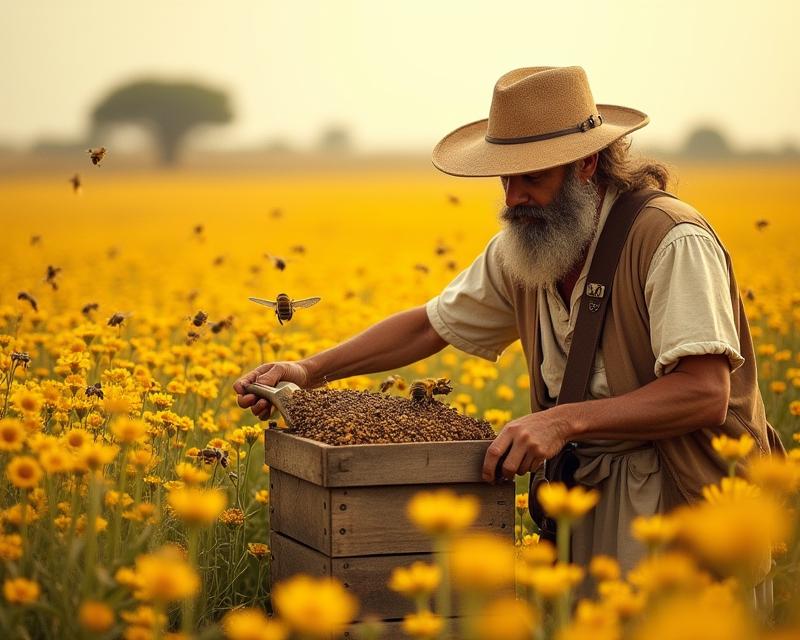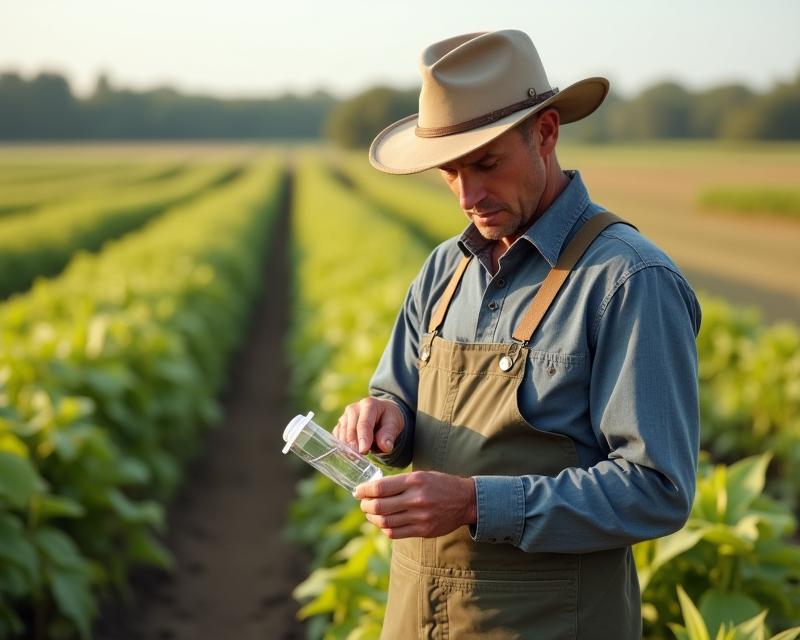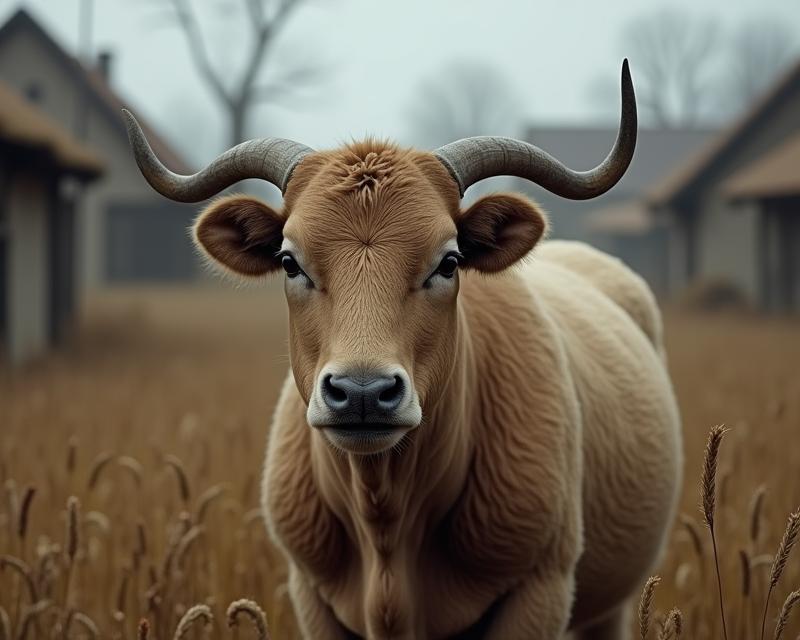Ancient Buzz: Bees & Our Food History
Publish in Agriculture el 04/07/2025 15:58
Ancient Buzz: Bees & Our Food History
For millennia, humans and bees have shared a remarkable relationship. It’s a partnership that’s far older and more vital than many realize. Before modern farming techniques, bees were absolutely essential to food production, and their importance extended far beyond just honey!

A History of Pollination
Evidence suggests that humans have been interacting with bees for at least 9,000 years! Archaeological findings show that ancient civilizations in Egypt, Greece, and Rome understood the crucial role bees played in pollinating crops like olives, grapes, and nuts. Without bees, yields would have been drastically lower, and many of the foods we take for granted simply wouldn't exist in the abundance we enjoy today. Farmers instinctively understood that healthy bee populations meant healthy harvests. They often protected bee colonies and even moved them to areas where crops needed pollination.
More Than Just Honey: Food & Medicine
Honey wasn't just a sweet treat back then; it was a cornerstone of ancient diets. It provided a vital source of energy, especially during harsh winters. Beyond its nutritional value, honey also possessed medicinal properties. Ancient Egyptians used honey to embalm bodies, believing in its preservative qualities. Greek physicians prescribed honey for wound healing and as an antibacterial agent. Different types of honey, derived from various flowers, were believed to have specific healing properties. The wax produced by bees was also used for candles, waterproofing, and even in some medicinal preparations.
Beekeeping & Sustainable Practices
Historically, beekeeping practices were often integrated into agricultural systems. Bees weren't just kept in separate hives; they were often allowed to forage freely on wild plants and crops. This created a symbiotic relationship, benefiting both the bees and the surrounding ecosystem. This approach aligns beautifully with modern sustainable farming practices, emphasizing biodiversity and natural pollination. Understanding this historical connection can inform our approach to beekeeping today, helping us create healthier environments for bees and more resilient agricultural systems. By supporting bee populations, we're not just ensuring a sweet treat; we're safeguarding the foundation of our food supply and promoting a healthier planet.
Consider incorporating bee-friendly plants into your garden and farm. Providing diverse forage will support local bee populations and contribute to a more thriving ecosystem. Learning about different bee species and their needs can also help you create a more effective and sustainable beekeeping strategy.
- Plant wildflowers and flowering trees.
- Avoid using pesticides that can harm bees.
- Provide a source of fresh water.





